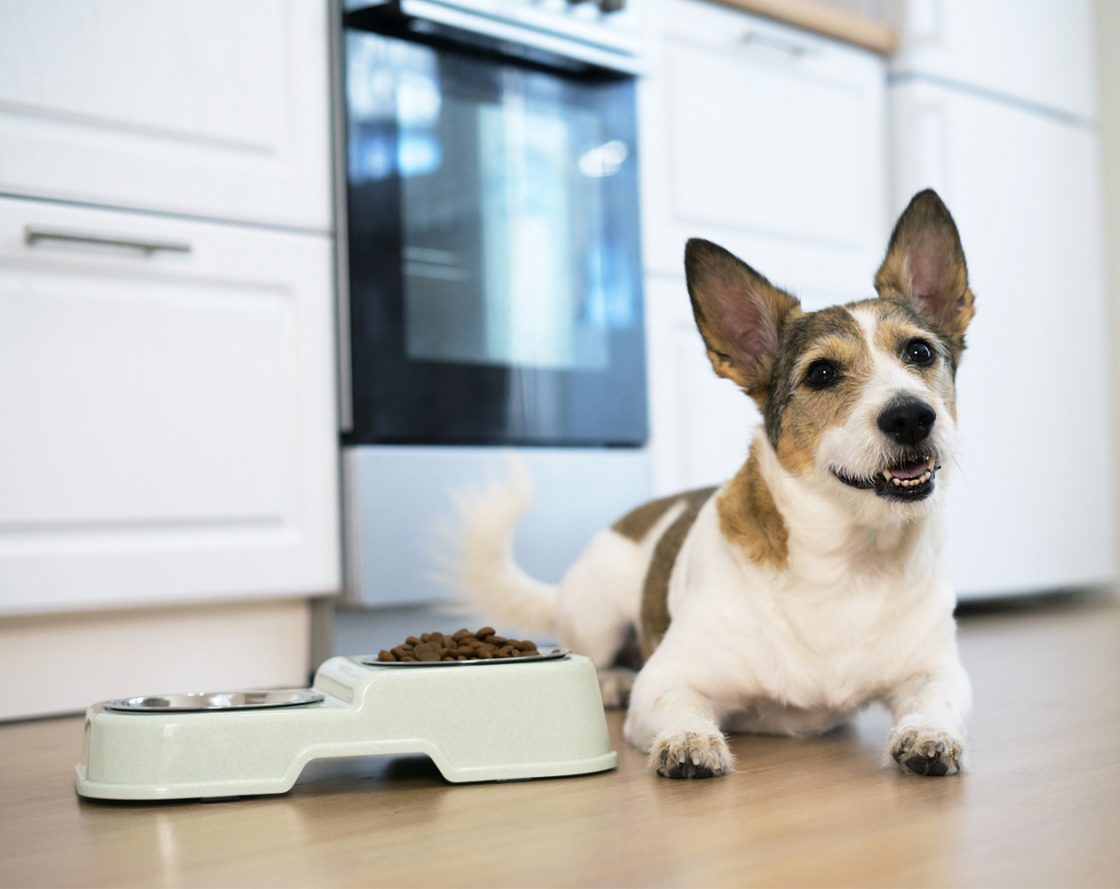
Over the past several decades, pets, particularly cats and dogs, have increasingly been treated as family members. The pet food market reflects this long standing trend.
More people are willing to pay more for better quality pet food, but now some pet owners are also keen to buy products that better reflect their values. And pet food suppliers are keen to supply this new value-based demand.
The lengths that some manufacturers are going to may seem surprising – the new foods people want to feed their pets don’t always naturally supply all their nutritional needs. However, adding in the required nutrition to supply niche products, such as vegan pet food, makes a lot more sense when you consider that the UK pet food market is worth £3.2 billion a year. That means making sure that the new pet foods meet pets’ nutritional needs because pets have a wide range of different nutrition needs, even within a species.
In recent years, any pet owner scanning the shelves will have noticed the surge in premium gourmet brands in little tins and pouches — popular brands include Cesar for dogs and Sheba for cats, both from Mars Petcare.
These gourmet foods look more and more like human food, such as pates with hearts of liquid gravy.
Pets young and old can suffer from conditions such as kidney problems and allergies, which require specialist food.
Other products have added ingredients to boost health, just as some take supplements with our food. These are now increasingly available in supermarkets, and pet food stores, as well as at the vet’s.
Another big trend is more natural nutrition, so dog kibble with rice and organic brands such as Lily’s Kitchen.
Increasing numbers of owners prefer their pets to follow a diet more commensurate with their wild counterparts and feed them raw food, bought frozen from companies such as Nature’s Menu.
Some owners are keen to adhere to their values when they feed their pets. This is understandable when you consider that dry pet food production uses an area twice the size of the UK every year. Pet food production also emits more greenhouse gases than The Philippines.
Meat production is a pressing environmental issue, so McKinna Plant Labs produces nutritionally complete plant-based food for dogs.
Alternatively, Mars Petcare has made LoveBug for cats made from dried soldier flies fed on surplus vegetables.
Anyone who has eaten a meal with their dog watching will be pleased to hear that they can now have a plate for themselves.
Marshfield Farm produces Scoop’s ice cream for dogs with an added lactase enzyme to reduce tummy trouble and other additives.
But what to give a furry family member for breakfast? Perhaps a bowl of plant-based dog food company Hownd’s porridge with blueberry and coconut.